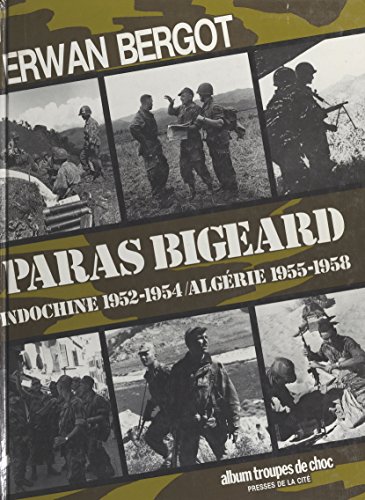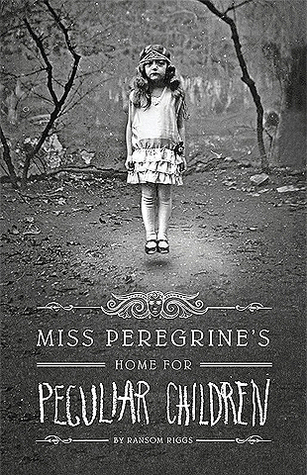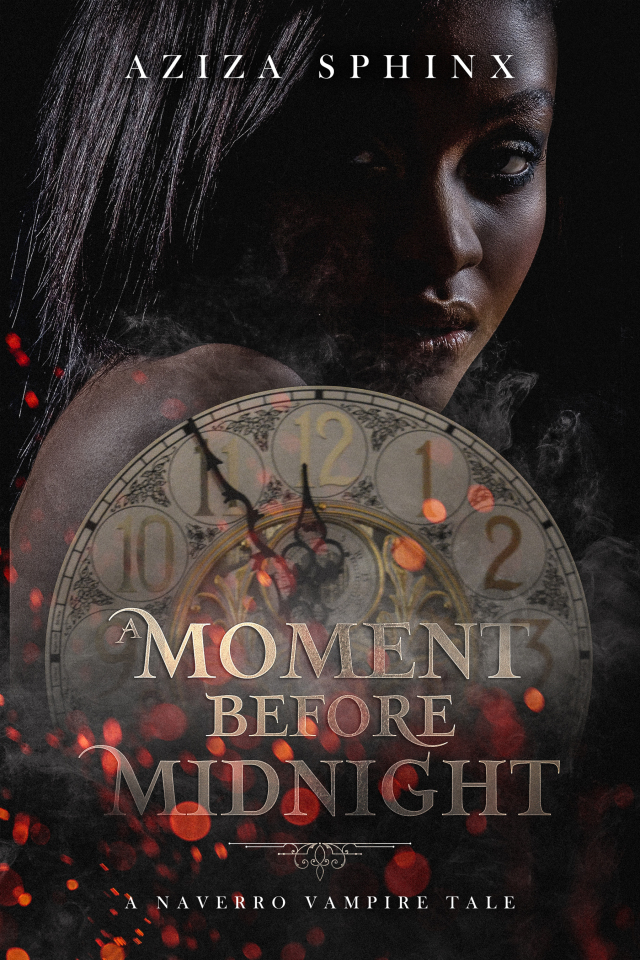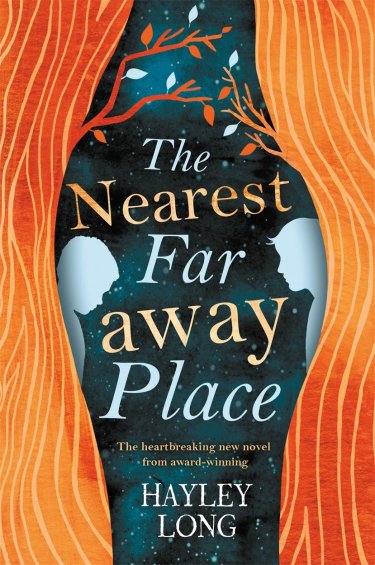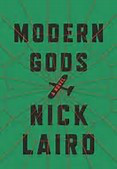
This novel opens with a shocking, violent prologue and then settles into a family drama reminiscent of the best of Anne Enright. Set in the small town of Ballygrass, Northern Ireland, Alison is preparing for her second marriage and hoping to put behind her an abusive first marriage. Her mother is fearful that a serious illness has made a comeback and her father has been left slightly confused after bouts of ill-health, and is no longer the man he once was. Her sister, Liz, the main character, is coming to terms with the break-up of yet another relationship and their brother has secrets of his own.
The author pitches these family dynamics perfectly. They are well-rounded characters and feel like a real family with its own issues and tensions of a lifetime’s making. It feels very modern, there are well-observed references throughout and certainly the first part of the novel is an unpredictable joy.
In Part Two we get a split narrative away from Alison’s wedding as Liz travels to New Ulster Island off Papua New Guinea to film a BBC documentary about a new religion. The author opened up my eyes here to Cargo Cults which is something I knew nothing about yet in making this shift in the novel I felt that some of the power and vivacity of what had gone before was diluted. This is always a risk (I felt exactly the same recently about Zadie Smith’s “Swing Time”) as there is a danger that the reader will favour one strand over the other and want the author “to get on with it”. Although I enjoyed reading about Liz’s experience and it makes for chilling reading as the disastrous repercussions of western intervention begins to unfold I was itching to get back to Ireland where there were equally difficult situations regarding fanaticism to resolve.
The sections do link together and I can see what the author is trying to convey. The whole thing ends up as a very good novel whereas for the first half I thought it was going to be an exceptional one.
This is Irish writer Laird’s third novel. He has also published collections of poetry and this is not surprising as his use of language is rich and precise. He currently teaches creative writing at New York University. I will certainly be seeking out his earlier works.

Modern Gods was published by 4th Estate in June 2017. Many thanks to the publishers and to the folks at Nudge for the review copy.
Advertisements Share this: